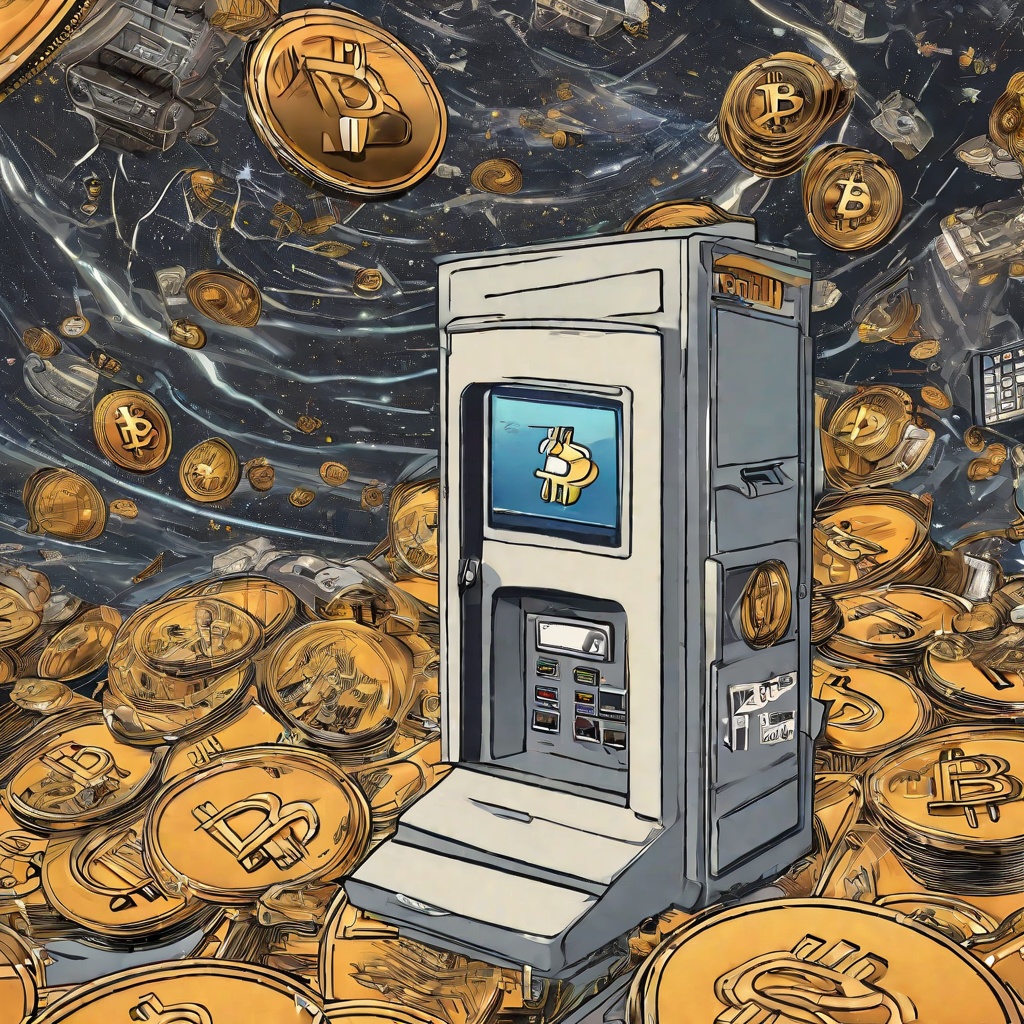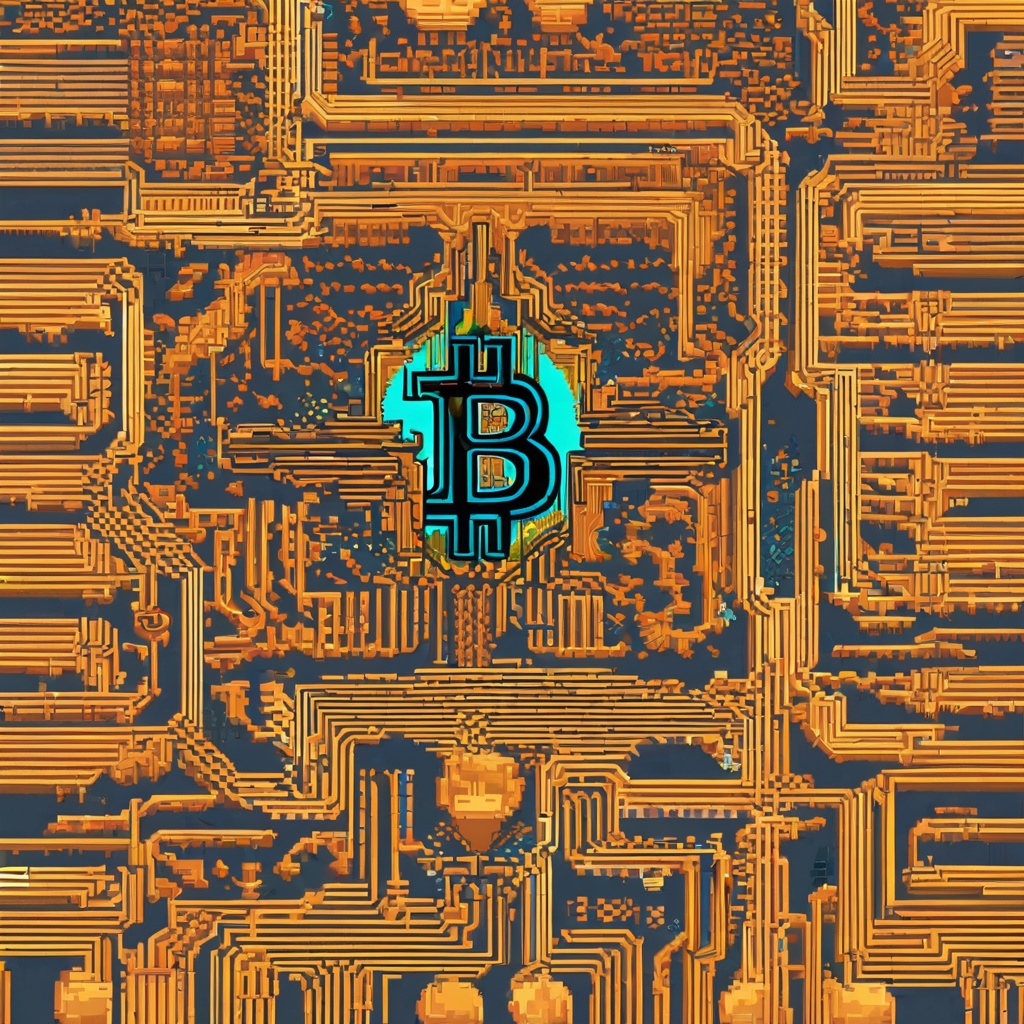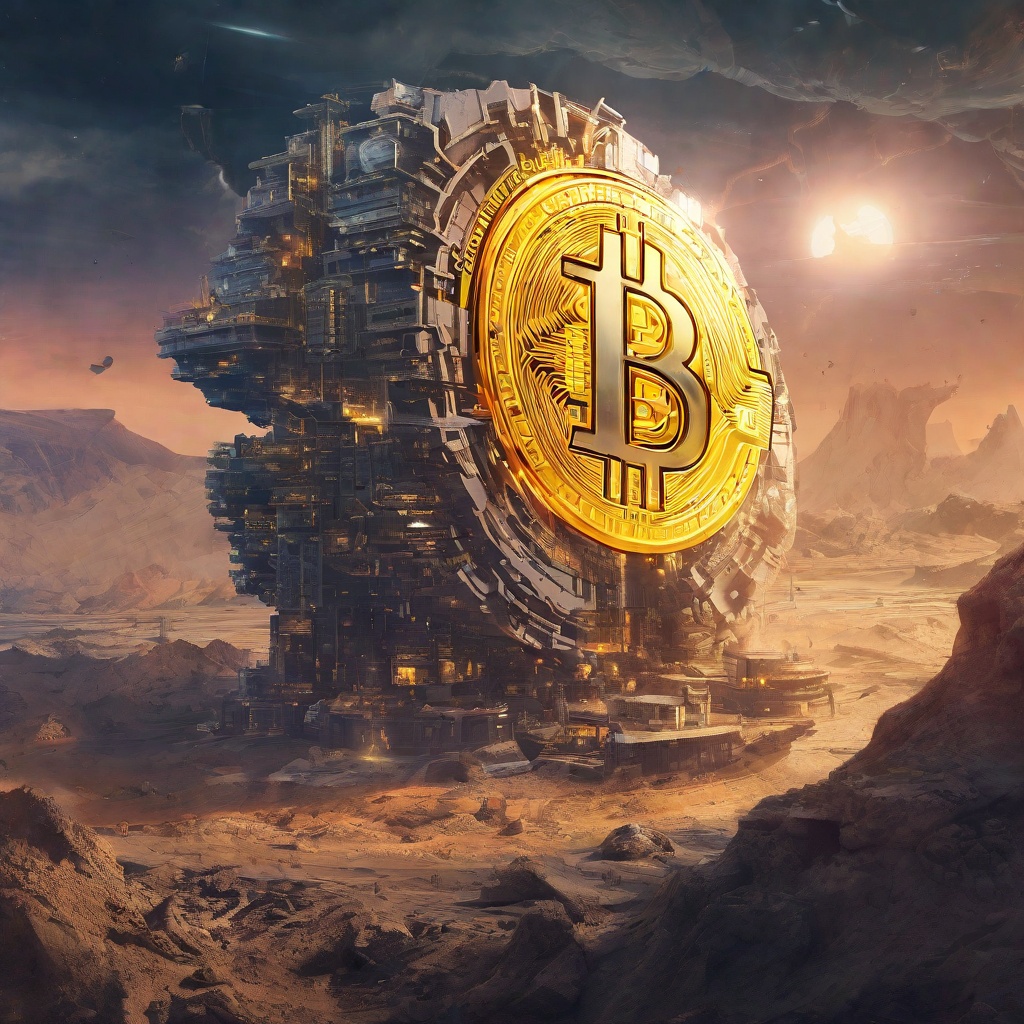What is the difference between ETH and ATOM?
Ah, you've posed a question that delves into the intricacies of two major cryptocurrencies: ETH and ATOM. ETH, the abbreviation for Ethereum, is not just a digital currency but also a blockchain platform that enables the deployment of smart contracts and decentralized applications. It's the fuel that powers the Ethereum network, allowing transactions and computations to be executed securely and efficiently. On the other hand, ATOM is the native token of the Cosmos network, a blockchain ecosystem designed for interoperability. Cosmos aims to connect multiple blockchains, allowing them to communicate and exchange value securely. ATOM serves as a staking asset, enabling validators to participate in the network's consensus mechanism and earn rewards. So, the key difference lies in their functionalities and the ecosystems they belong to. ETH is central to the Ethereum network, facilitating a wide range of decentralized applications, while ATOM is integral to the Cosmos ecosystem, promoting interoperability and cross-chain functionality. Each has its unique use cases and benefits, depending on the needs of the user and the applications they seek to deploy or utilize.

How to bridge mantle to eth?
I'm wondering, could you explain to me how to bridge Mantle to Ethereum? I've been hearing a lot about the potential of cross-chain interoperability, but I'm still a bit hazy on the technical details. Could you break it down for me in simple terms? What steps do I need to take? Are there any specific tools or platforms I should be using? I'm really keen to explore this area and understand how it works. Would you mind guiding me through the process? Thank you so much for your help!

Is ETH a coin or token?
I'm a bit confused about the terminology here. Could you please clarify for me? Is Ethereum, or ETH, considered a coin or a token? I've heard different opinions on this matter, and I'm trying to get a clearer understanding. I understand that Ethereum is a blockchain platform, but how does that classify ETH? Is it a native coin of the Ethereum network, or is it more akin to a token issued on the platform? I'd appreciate it if you could break it down for me in a way that's easy to understand.

How much ETH to stake?
I'm considering staking Ethereum, but I'm not quite sure how much ETH I should stake. Could you provide some guidance on this matter? I'm aware of the risks involved and I'm willing to accept them, but I'd like to make sure I'm staking a reasonable amount based on my financial situation and the current market conditions. Is there a recommended staking amount or a formula I could use to calculate it? Additionally, how does staking ETH affect my ability to trade or use it in other ways? I'd appreciate any insights you could share on this topic.

Why is ETH better than Cardano?
I've heard quite a lot about ETH and Cardano, but why is ETH considered superior? Could you elaborate on this for me, please? ETH, being described as a multipurpose platform for dApps and smart contracts, seems to attract a vast community of developers and users. Its agile and responsive approach to accommodating a wide range of applications, including financial services, gaming, and social networking, definitely adds to its charm. On the other hand, Cardano takes a more methodical and academic approach, emphasizing peer-reviewed research and formal verification methods. While this ensures a high level of code assurance and protocol upgrades, does it really make it inferior to ETH? I'm interested in understanding the nuances that make ETH stand out, especially in terms of its architecture, scalability, and the overall ecosystem it has built. Could you provide some insights into this, please?

